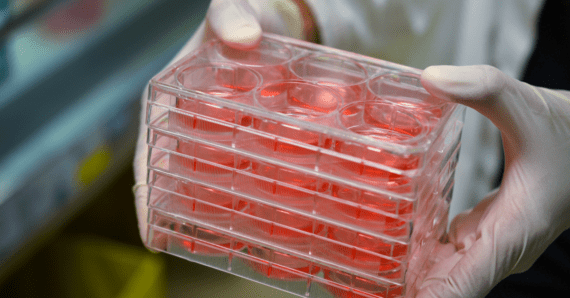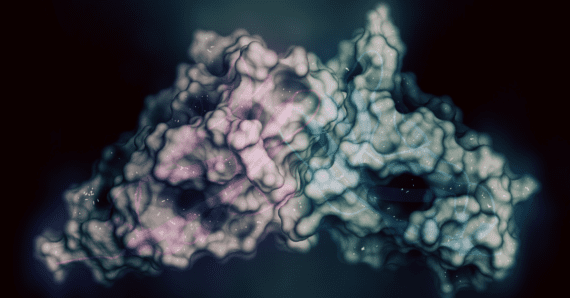- Your cart is empty
- Continue Shopping

Overcoming a Sticky Situation: Strategies to Mitigate Cell Clumping in Mesenchymal Stem Cell Cultures
Mesenchymal stem cells (MSCs) hold immense promise in regenerative medicine due to their multilineage differentiation potential. However, large-scale expansion of these therapeutic cells can be






